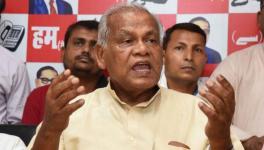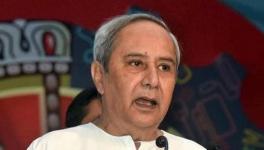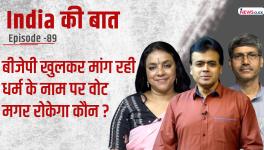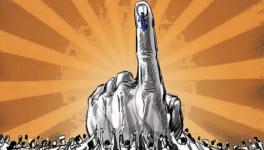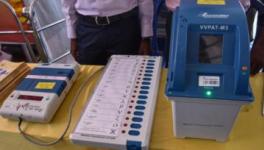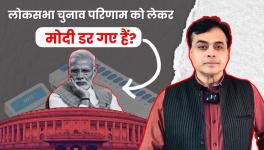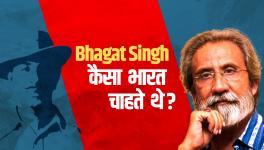An Encounter Survivor Who Told His Tale
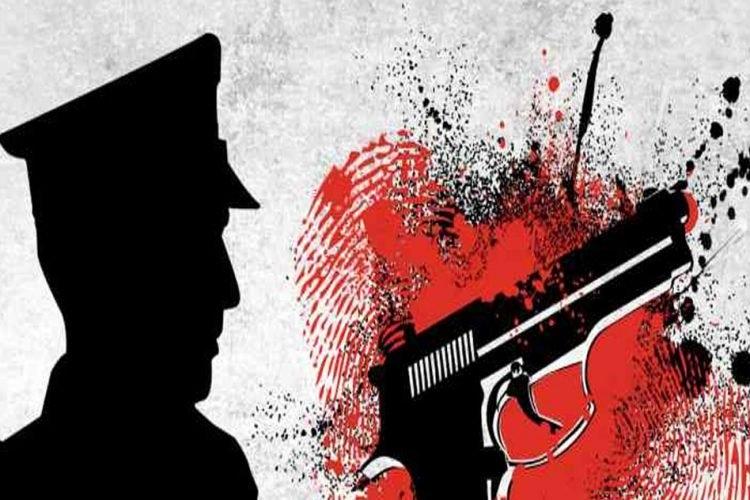
On 9 December, Human Rights Day, the thought struck me: why is only one solitary day reserved for the basic rights of human beings? In our country, it is easier for the state machinery to kill a human than to kill a tiny little disease-spreading mosquito. Should not human rights be at least remembered more often, even if they are not adhered to?
Truth is, the state and its agencies can kill people on any pretext or alibi. Last week’s so-called encounter, in which four rape suspects in Hyderabad were killed in cold blood, is only an immediate instance. The four who died in this encounter were not allowed their basic democratic right to be heard. The manner of their killing by the police has raised questions about whether they were the actual perpetrators of the crime they were picked up for, or simply framed, perhaps to protect someone more powerful than them?
One day, the police could start picking up alleged rapists from slums and mohallas at random, and before they are allowed to speak or even whisper their version of events, they would have been done away with. Perhaps the state would again flaunt its prowess in bumping people off, as it did in Uttar Pradesh and Cyberabad.
In Uttar Pradesh, the state police has been openly indulging in killing people—“suspects”. As many as 1,142 encounters took place between March 2017 and January 2018 in the state, the People’s Union for Civil Liberties (PUCL) has found. In these “encounters”, 49 people were killed, more than 370 were injured and over 3,300 were arrested across the state. Does anybody know how many of the killed and injured were actually innocent, and how many hardened criminals are roaming free because someone else was caught and done to death?
Even a criminal needs a chance to be heard.
It is nearly impossible to pinpoint the exact numbers of people who have been killed or injured in encounters in so-called disturbed areas or conflict zones in India. There is practically no transparency or accountability. The mere suspicion of being a militant, or the alibi that someone chanted ‘Aazaadi’, is enough to make one a suspect.
It is about time India re-thinks using the military or paramilitary to crush civilian outcries. The ongoing “war crimes” on the civilian population compounds because of the impunity the forces are provided under the dreaded Armed Forces Special Protection Act or AFSPA.
This draconian law grants the Army and the state and central police forces the right to shoot to kill, conduct search operations in homes and to destroy any property that is “likely” to be used by insurgents in areas declared as “disturbed” by the Home Ministry. Security forces can arrest people without warrants for committing or even for being “about to commit” a cognizable offence. Just a “reasonable suspicion” is all one needs to pull the trigger. This law also protects the armed forces from legal consequences for their actions.
*****
I have come across only one survivor of an encounter, who lived to tell the tale.
A chilling description of an encounter is in the book, I Am A Mufti and I Am Not A Terrorist: Eleven Years Behind Bars, written by Mufti Abdul Qayyum Ahmed Husain Mansuri, who was implicated in the Akshardham terrorist attack case. He was imprisoned for 11 years, until the Supreme Court acquitted him.
Mansuri wrote, “It was the cold night of Thursday, 18 September 2003... VD Vanaar said, ‘Come on, it’s sahab’s order, today your encounter has to be done.’ I was pushed to sit in a Tata Sumo… After misfiring on me in one or two places, Vanaar asked for the revolver from the PSI, RI Patel, and... told the driver to take the car near the canal.
“On the way, Vanaar narrated legends of his mastery in encounters and the medals he got from the government. He said, ‘See, I have killed Hameed Lala... Today this encounter of yours is the sixth one.’
“The vehicle was stopped at one place in the dark night... they also got me down by pulling my beard and abusing me... Vanaar took out the revolver and told his companions to move aside a bit after he aimed the revolver at my head... I was standing alive, dumb with amazement and astonishment, because the bullet did not strike my head but had passed by... After that, five shots were fired, to my left and right...
“Until now, Mr AA Chauhan, a silent audience in this blood shedding drama, entered the scene. He said, ‘Vanaar sahab don’t kill him. I want to give him a last chance after talking to superior officers.’ Then he turned to me, ‘If you confess all that the superior office says then I can save your life.’.”
*****
Leaving you with this verse of Habib Jalib’s.
Crime:
‘Why did you allow yourself to be killed?’
Is the charge for which I am billed.
Now lawyers are arguing amongst themselves:
‘This small trouble that the killer had to take,
This little dent that the dagger suffered,
Who should be made to compensate?’
Humra Quraishi is a freelance journalist and political commentator. The views are personal.
Get the latest reports & analysis with people's perspective on Protests, movements & deep analytical videos, discussions of the current affairs in your Telegram app. Subscribe to NewsClick's Telegram channel & get Real-Time updates on stories, as they get published on our website.









